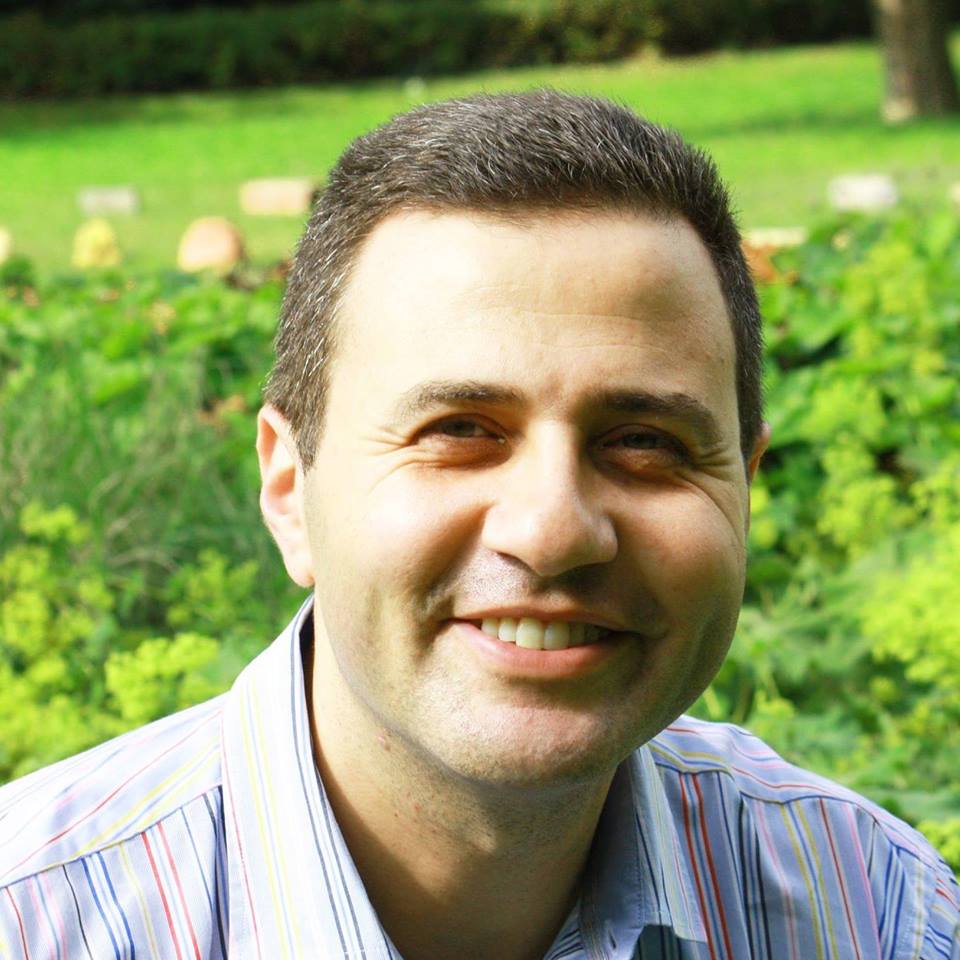|
|
Biography |
|
|
 Specializing in metabolomics, natural products chemistry, and plant biochemistry, Mohamed A. Farag completed his PhD at Texas Tech University, USA, in 2003. In 2005, after spending time as a postdoctoral fellow at The Samuel Noble Foundation, USA, and the James Graham Brown Cancer Center, USA, he became assistant professor in 2005 at the Faculty of Pharmacy, Cairo University, Egypt.
Since 2009, Dr Farag has been working as a part time visiting professor at the Technical University of Munich, Germany, to participate in teaching plant metabolomics and chemomterics modelling for master students, and in 2009–2010 he held the Alexander von Humboldt fellowship at the Leibniz Institute for Plant Biochemistry, Germany. Dr Farag now works full time as a professor at the American University in Cairo (AUC) where his research work focuses primarily around applying innovative biochemical technologies (metabolomics) to help answer complex biological questions in medicine, herbal drugs analysis and agriculture.
Dr. Farag has been recognized with several awards, including Egypt Higher State Excellence Award (2017), Abd el Hameed Shoman award (2016), Egypt Higher State Incentive Award (2012), Cairo University Incentive Award (2009), TWAS award in science diplomacy (2014), and the Mass Spectroscopy Performance Award, TTU, USA (2004). For his highly cited publications of close to 5000 citations and an H index of 32, Dr. Farag was selected as a top researcher in the field of plant biology in Africa by the American society of plant biology, USA. Dr. Farag currently serves as the managing editor of Journal of Advanced Research hosted by Cairo University.
Specializing in metabolomics, natural products chemistry, and plant biochemistry, Mohamed A. Farag completed his PhD at Texas Tech University, USA, in 2003. In 2005, after spending time as a postdoctoral fellow at The Samuel Noble Foundation, USA, and the James Graham Brown Cancer Center, USA, he became assistant professor in 2005 at the Faculty of Pharmacy, Cairo University, Egypt.
Since 2009, Dr Farag has been working as a part time visiting professor at the Technical University of Munich, Germany, to participate in teaching plant metabolomics and chemomterics modelling for master students, and in 2009–2010 he held the Alexander von Humboldt fellowship at the Leibniz Institute for Plant Biochemistry, Germany. Dr Farag now works full time as a professor at the American University in Cairo (AUC) where his research work focuses primarily around applying innovative biochemical technologies (metabolomics) to help answer complex biological questions in medicine, herbal drugs analysis and agriculture.
Dr. Farag has been recognized with several awards, including Egypt Higher State Excellence Award (2017), Abd el Hameed Shoman award (2016), Egypt Higher State Incentive Award (2012), Cairo University Incentive Award (2009), TWAS award in science diplomacy (2014), and the Mass Spectroscopy Performance Award, TTU, USA (2004). For his highly cited publications of close to 5000 citations and an H index of 32, Dr. Farag was selected as a top researcher in the field of plant biology in Africa by the American society of plant biology, USA. Dr. Farag currently serves as the managing editor of Journal of Advanced Research hosted by Cairo University.
|
|
|
|
|
|
|
Abstract |
|
|
|
|
Hands on featuring a successful academic career. What is below the tip of the iceberg? |
|
|
|
|
|
One of the unspoken rules in research is that a successful career in science is only possible with one or more papers with an impact factor above 10 or higher. This belief creates a lot of peer pressure among young scientists and may be even one of the causes of increasing numbers of scientific fraud cases. But is it true?
To answer this question, it is crucial to get a very clear idea what “a successful career in science” means for you. It is very simple: If you want to work and succeed in an academic environment you must be prepared. Here, we provide unvarnished advice for young scientists through a one day workshop on the difficulties that lie ahead and on how to escape the bottle necks most researchers go through in their career to succeed. Topics to be covered include how to think scientifically, present & publish in an upmost level.
|
|
|
|
|